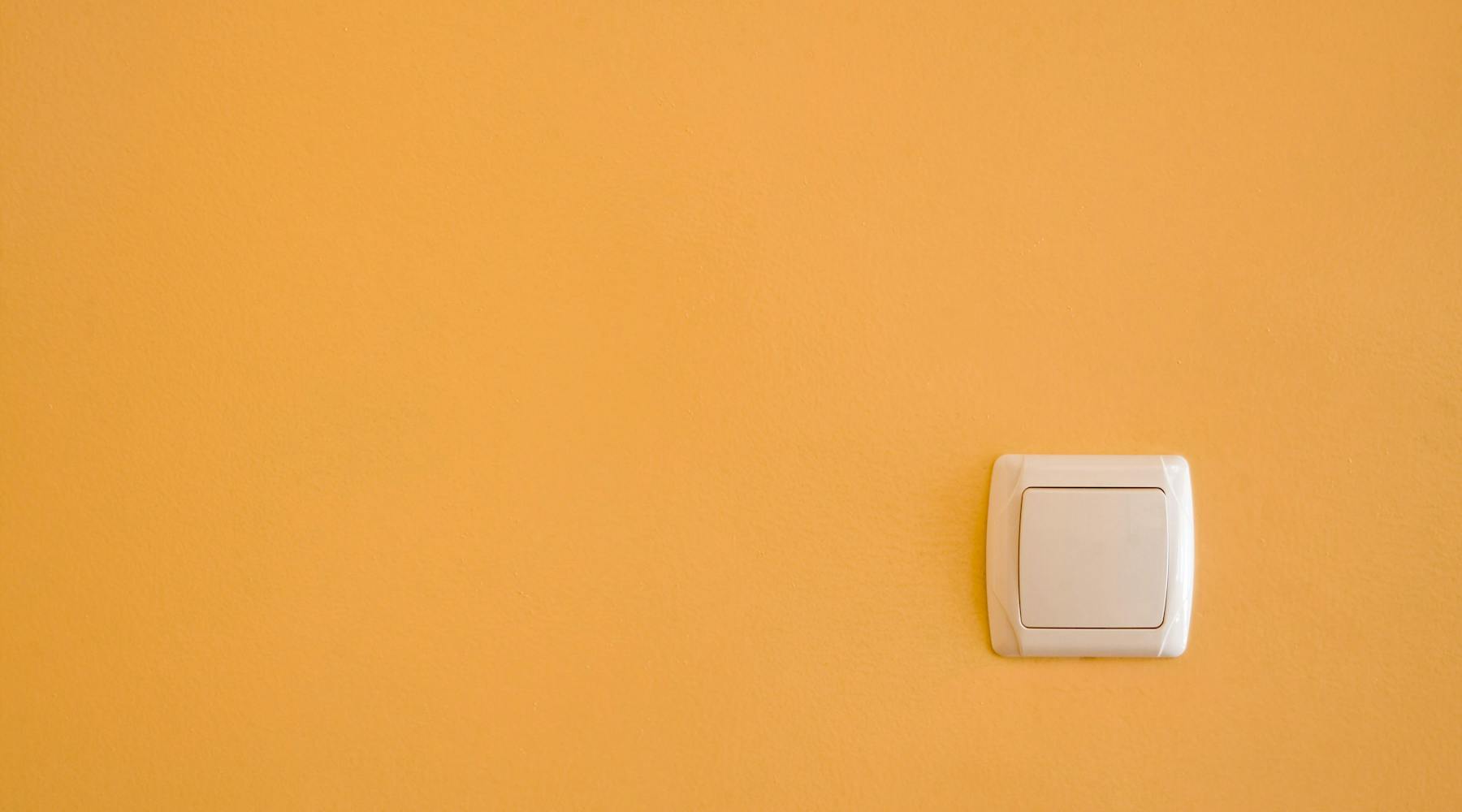Word choice: Media vs. mediums
Should there be any confusion about the word choice "media vs mediums?" They are two plurals of the word "medium." In that sense, they should mean the same thing, right?
Well, it turns out that the words can express very different meanings depending on the context. To add to this confusion, there is legitimate scepticism about whether the term "media" is singular or plural.
Let's explore the meanings and correct uses of these two words.
Media vs mediums: Differences and writing tips
To get to the bottom of the differences between these words, we first need to pay attention to their singular form: medium.
What does "medium" mean?
"Medium" is a noun that means a communication method or a way of doing something. It also refers to a spiritualist and something that is in between two extremes. It's also an adjective, meaning almost halfway or middle ground between two points. Examples:
- Beth writes poems as a medium for coping with her depression.
- Social media is the most interactive medium for business agencies.
- Ella can be a suitable medium because of her zodiac sign.
- The food was medium spicy.
- The bowler bowls at a medium pace.
With all these meanings and interpretations in mind, let's see how "media vs medium" differ from each other.
The meanings and uses of "media"
The use of the word "media" has never been more prevalent than it is right now. Media has various meanings and uses, depending on its applied contexts.
The most popular application of the term describes the collective forms of communication, such as publishing, the Internet, and news media.
The English language has a separate term called "mass media," referring to various media technologies that use mass communication to reach a vast audience.
When you use ''medium,'' you refer to a particular type of media, such as newspapers, videos, or books.
In this context, plural "media'' refers to the collective form of mediums for making communication or expressing something.
- The print media are declining. (Referring to the declining popularity of printed books, newspapers, and other materials.)
- The media coverage of the situation was biased. (Referring to the communication channels of all kinds.)
Plural "media" also indicates substances that can work as the means of doing something. For example:
- Sound is transmitted through air and water media.
It can also be used as a collective noun for art supplies like watercolour, charcoal, brush paint, etc.
- Which media do you use for painting? (The speaker is asking about the artistic media.)
Media: singular noun or plural noun?
"Media" is the plural form of "medium," so it should be a plural noun, right? But things are not as simple as they sound.
The doubt arises because the word is treated as a collective or mass noun. In English grammar, collective nouns are singular, and mass nouns are plural.
While the word behaves like a collective noun, you can use it with a singular or plural verb in the standard English language. So, you should follow the language rule prevalent in your country or what your target audience prefers. After all, culture drives language, and the speakers of that language primarily determine the rules.
So, both the following examples are correct:
- The media have a responsibility toward society. (plural media)
- The media has a responsibility toward society. (singular)
The meanings and uses of "mediums"
The word "mediums" is another plural form of "medium." You can use it in all contexts where you would use "media." However, the latter is more acceptable when referring to a means of mass communication.
For this reason, we use "print media" and "digital media" instead of "print mediums" and "digital mediums."
The word is also used to name an intervening substance in various fields, including art, science and communication.
- I prefer to work with charcoal mediums.
- Ella is working with two culture mediums in the lab.
- TV and radio are popular mediums of entertainment.
You can replace the word with "media" in all instances above. These words are almost always interchangeable.
However, you cannot swap them when using "mediums" to indicate psychic people or mediators of the other world. For examples:
- Can mediums talk to dead people? (Correct)
- Can media talk to dead people? (Incorrect)
- All mediums I've seen in my life are frauds. (Correct)
- All media I've seen in my life are frauds. (Incorrect)
Using the word "media" in this context does not make sense and changes the meanings of the sentences.
- Can the media talk to dead people? (The speaker is asking if any media entity can communicate with dead people.)
- All the media I've seen in my life are frauds. (The speaker is talking about media people or businesses in general.)
The summary: Media and mediums
So, we've learned that both "media" and "mediums" are the plural versions of the word "medium." The plural nouns can be used interchangeably, except for:
- Indicating people with psychic power (mediums is the right word).
- Indicating means of mass communication (media is the right word).
FAQs about media vs mediums
What is the difference between the words "media'' and "medium?"
Media refers to the standard platforms of mass communication. So, it could be the publishing media, social media, and broadcast media. In other words, it means all forms of communication that allow for spreading information.
By contrast, medium indicates a means to communicate or express something. It can be a single agency that falls under a broader media platform. For example, books and magazines are mediums under the publishing media, while the broadcast media include TV and radio.
What is a "medium'' in terms of "media?"
A medium is a type of "media'' that means any form of communication, including written, visual, audio, or digital. It includes everything from blogs and articles to pictures, podcasts, videos and even social media posts. For example, oil paint is a medium in illustration or painting media.
What are examples of "mediums'' in writing?
"Mediums" is the plural form of the word "medium." People use it to refer to a method or process for communication or doing something. Its other application includes indicating spiritualists or clairvoyants.
A few examples of the word are:
- Rollins sisters are suitable mediums for planchette.
- I have prepared some rooting mediums for my garden.
- Lizzy uses blogs and podcasts as mediums of interaction with her students.
Is the term "media'' plural for "medium?"
Both "media" and "mediums" are the plural forms of "medium." You can use the plural versions interchangeably, but there could be some exceptions based on the subject and sentence context.
Both plural forms are correct when discussing art, but "media" is more acceptable for science and communication. But "mediums" should be the only choice when indicating a spiritualist or seer.
About Strategically
Strategically is a content agency that offers a wide range of content and technical services as well, including SEO services, auditing, content strategy, and link building services, as well as general copywriting services and more niche email copywriting services or website copywriting services.




